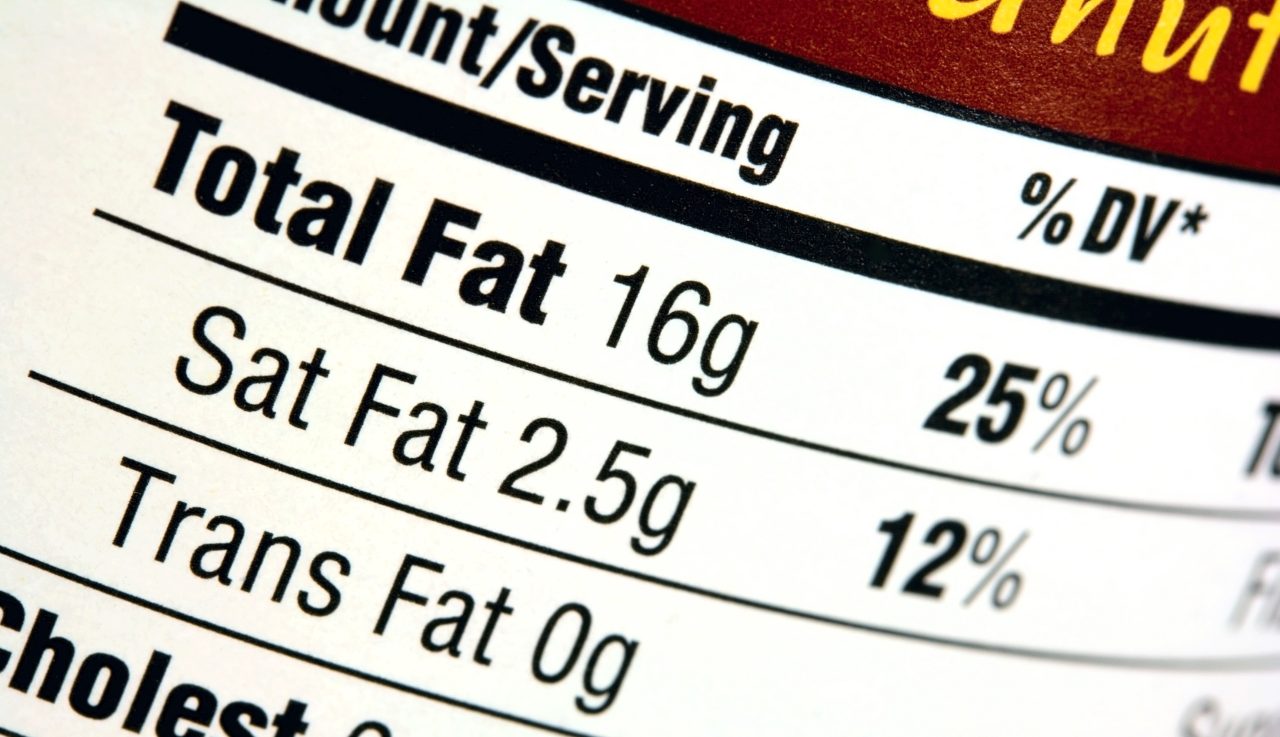Are Saturated Fats Safer Than Carbs?

Eating steak doesn’t lead to a heart attack. But doughnuts might get you there, cardiologists say. Here’s what you should know about saturated fats versus carbs.
Saturated fat got a bad rap.
You’ve heard that saturated fat is bad for your heart, the nutritional wisdom for decades. But in an overview for the Journal of the American College of Cardiology, a team of 12 cardiologists and other scientists report that carbohydrates are the real danger.
The American Heart Association still recommends sticking to no more than 6 percent of your calories from saturated fat, using polyunsaturated vegetable oils instead where possible, as saturated facts can increase risk factors for heart disease. But research has shown that saturated fat isn’t as bad as previously thought, and lowering your blood sugar, which is linked to carbs, could do more good.
Some people do have too much of one kind of saturated fatty acid in their bloodstreams — and they are at greater risk of heart failure and type 2 diabetes. The level of that saturated fatty acid, however, responds to how much carbohydrates you eat — not so much to saturated fat.
Research suggests that lowering your carb intake can triple your saturated fat load without harm. In fact, if you cut out enough carbs you might develop lower levels of the problem blood levels. Of course, if you are a heart or diabetes patient, speak to your doctor before you radically change your diet. Small changes building up over time are probably a better idea.
YOU MIGHT ALSO LIKE: “Fat But Fit” Is a Myth
What would a higher-fat, lower-carb diet look like?
At breakfast, skip the pancakes, syrup, and toast. But it’s okay to cook eggs in butter or use whole milk in your coffee, especially if you feel more satisfied. If you have type 2 diabetes or prediabetes, that advice may be especially important.
At lunch, enjoy nuts, salmon, and mayonnaise or olive oil dressing on a salad — and don’t have the roll, soda, or dessert. At dinner, don’t be afraid of the skin on chicken, but steer clear of rice.
Why does the advice keep changing?
The big picture hasn’t changed overnight; it took decades. Although it may be frustrating to hear different diet advice over your lifetime, that doesn’t mean you should ignore what scientists say. The advice you read is the current conclusion from committees evaluating a great deal of science — and that science moves forward. When the scientific world is healthy and active, new ideas get tested and get attention. Change is a sign that things are working.
A little history may help. The anti-saturated fat theory arose from comparing deaths from heart disease and stroke in different parts of the world. The benefits of the Mediterranean diet stood out. Greeks and Italians, who eat less red meat and dairy and more fish and olive oil than Americans and northern Europeans do, have had lower rates of death from these causes.
As scientists continued to compare diets and heart disease rates around the world, the picture changed. In fact, in a study of people from 18 countries on five continents, you had a lower risk of stroke if you ate about 14 percent of daily calories in saturated fats.
In the results of a 10-year study, scientists found no connection between heart attacks and eating saturated fat. Eating polyunsaturated oils instead actually increased your heart risk. If no one had checked, we’d still be relying on the evidence from the Mediterranean. Happily, scientists kept investigating.
How do carbs fit in?
Carbs are linked to higher blood sugar. Scientists observed that drugs that lower blood sugar levels are good for your heart. Lowering blood sugar through minimizing carbs in your diet would be the safest way to reap those benefits.
What about cholesterol?
While you heard about the dangers of saturated fat, you also heard about the risks of cholesterol. But that wisdom has evolved, as well.
Plaque, the waxy substance that narrows arteries, is made up of cholesterol, among other substances. It seemed logical that cholesterol from food could land on your artery walls.
But your body isn’t that simple. Your liver produces cholesterol and balances out changes in your diet. If you eat more cholesterol, your liver produces less. So, eating high-cholesterol foods like eggs often wouldn’t be a problem.
If you eat saturated fat rather than carbs, as in the famous Atkins diet, levels of low-density lipoprotein (LDL) cholesterol, also known as “bad” cholesterol, rise. High levels of LDL cholesterol were considered a risk factor for heart trouble. But over time it emerged that saturated fat is more likely to raise the level of one kind of LDL — with large particles. Small, dense ones may be the real problem.
Your body has a way of balancing things out — your HDL “good” cholesterol could also rise on such diets, and you might end up with a desirable ratio between good and bad cholesterol.
In the end, not everyone thrives on the same diet. But if you’re trying to lose weight, or manage your blood sugar, favor fat over all the white foods — white sugar, white flour, white potatoes.
Updated:
March 08, 2023
Reviewed By:
Janet O’Dell, RN